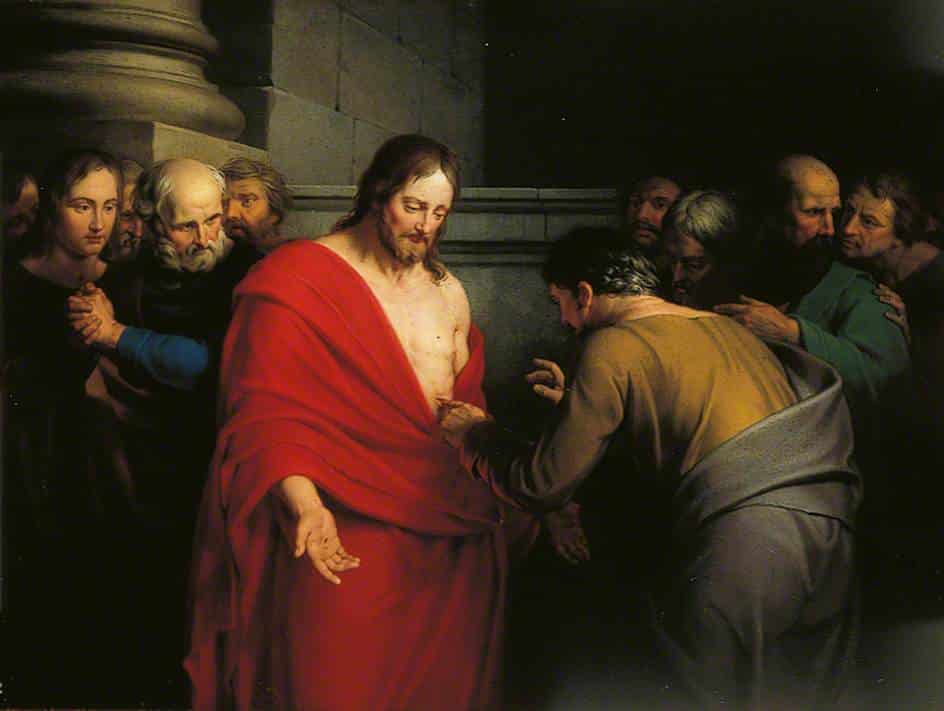
Do we have a dysfunctional relationship with doubt?
Faith and doubt are often seen as diametrically opposed forces in our lives. But are they? Discussion among religious people on this topic tends to generate more heat than light — an often emotionally charged debate that seldom seems to end in resolution. Why is that?
Is it possible we just misunderstand each other. What if we discovered that we mostly agree on this subject of faith and doubt, But we’re just talking past each other because we mean slightly different things when we talk about “faith,” “belief,” “doubt”, “doubts”, etc.? Failure to truly communicate is behind most conflict and relationship issues. Maybe we agree more than we think we do.
The influential writer and theologian Paul Tillich famously pointed out that doubt is not the opposite of faith, but is actually an element of faith. He thought the opposite of faith is actually certainty — especially a sort of premature, untested confessional certainty. Perhaps the kind of certainty that we sometimes encourage our children to claim in “testimony bearing.”
Ultimately it is faith that matters. It is faith that moves us. It is faith that gives power and vitality to our lives. We are taught that faith is the engine of growth in this existence and beyond. We know this by experience. Faith is a muscle that grows and strengthens as it pushes up against doubt.
So is doubt friend or foe — or maybe both?
BYU religion professor Jared Halverson would say “both.” He gave this incredibly insightful and stirring address entitled “Don’t Let a Good Faith Crisis Go to Waste” at Faith Matters Restore 2022 gathering.
Faith and doubt are not issues that affect people of our faith only. We hosted two very prominent Christian writers on our podcast to talk about two extremely important books on this topic. Peter Enns joined us to talk about his book The Sin of Certainty and Brian McLaren joined us to explore his book Faith After Doubt .
We asked Terryl Givens, who (with wife Fiona Givens) has written brilliantly on the topic in The Crucible of Doubt and elsewhere, to weigh in. The first thing Terryl did was develop a little glossary of terms to at least get clear on what we’re arguing about. See if it doesn’t help clarify things for you as you delve into this topic. Then Terryl Givens gets insightfully to the heart of the matter in this remarkable little essay in which he argues, among other things, that “Fixating on doubt can be not just unproductive, but paralyzing and spiritually toxic. On the other hand, denying doubt its legitimate place and function in the development of faith can be equally damaging.”
Then, in this short video, artist Brian Kershisnik and Terryl Givens talk about why doubt has always been part of the story of discipleship.
Finally, we offer this brief, remarkable conversation between Terryl Givens and one of the church’s best young scholars, Spencer Fluhman, executive director the the Neal A. Maxwell Institute.
We hope this offering gives us a healthier, more constructive way to approach this sometimes uncozy topic.